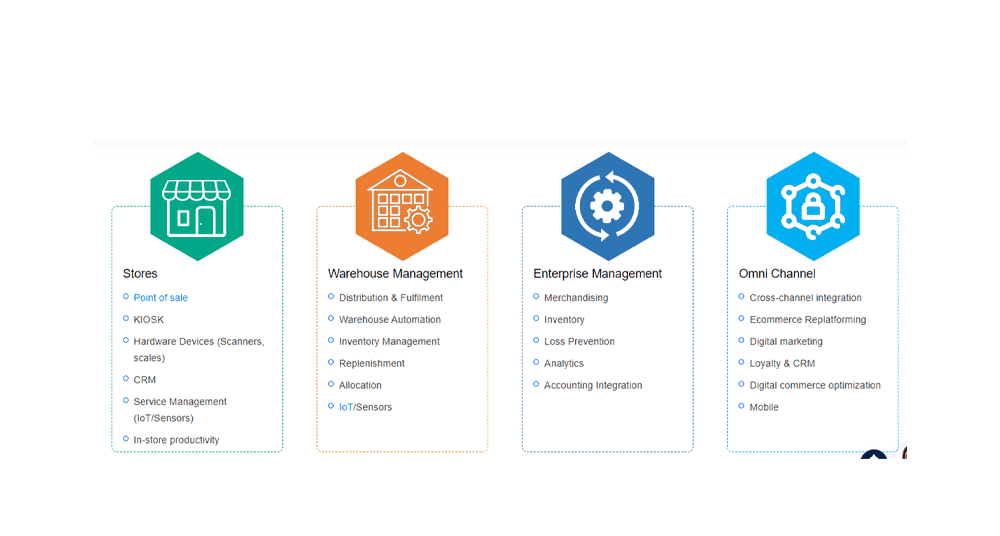
With the help of our rigorous methods and industry-standard frameworks, we offer end-to-end domain and testing services for stores, warehouse management, enterprise management, and omnichannel. We provide a step-by-step testing method with automation solutions that reflect robust quality and regression cycle reduction using our well-defined and framework-based models.
Here are some of the important aspects to consider when testing software in the e-commerce industry:
Functional testing: To test the software functionality, including product browsing, search, adding to cart, checkout process, payment gateway integration, shipping and delivery, and order tracking
Performance testing: It is crucial to test the performance of the e-commerce software under different loads, including peak loads, to ensure that it can handle high volumes of traffic and transactions.
Security testing: To protect e-commerce software against various threats such as hacking, fraud, and data breaches. Testing should include checks for vulnerabilities such as SQL injection, cross-site scripting, and other common attacks.
User experience testing: User experience testing is essential to ensure that the e-commerce software is easy to use and navigate, has a clean and intuitive interface, and is responsive across different devices.
Compatibility testing: To test the e-commerce software for compatibility with different browsers, operating systems, and devices to ensure that it works seamlessly across multiple platforms.
Regression testing: Regression testing is important to ensure that the software updates and changes do not negatively impact the existing features and functionalities.
Localization testing: Localization testing is necessary to ensure that the e-commerce software must adapt to different languages and cultures, including currency, date and time formats, and other localized settings.

WhatsApp us